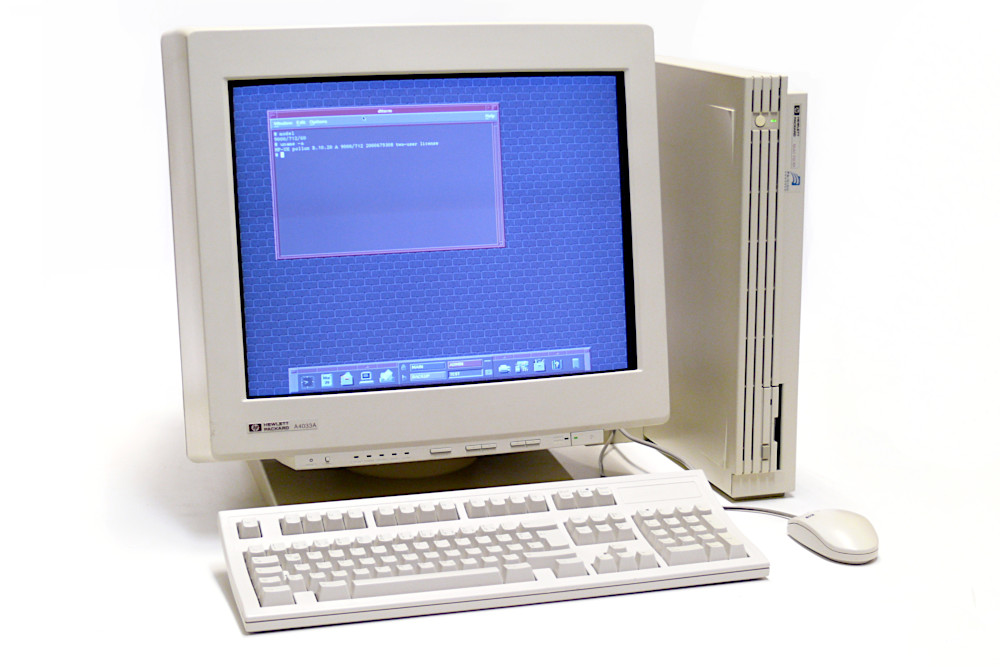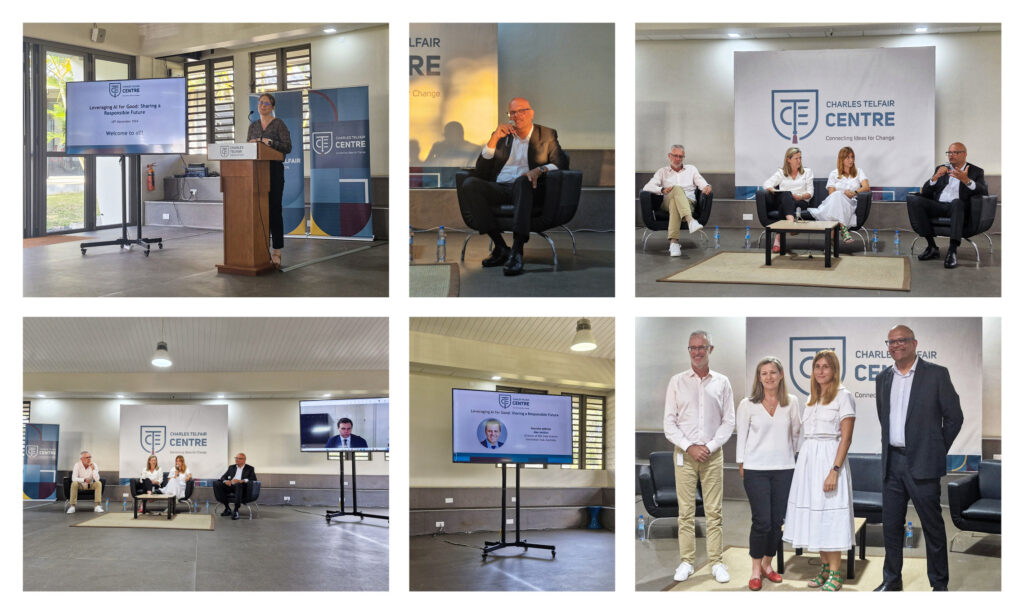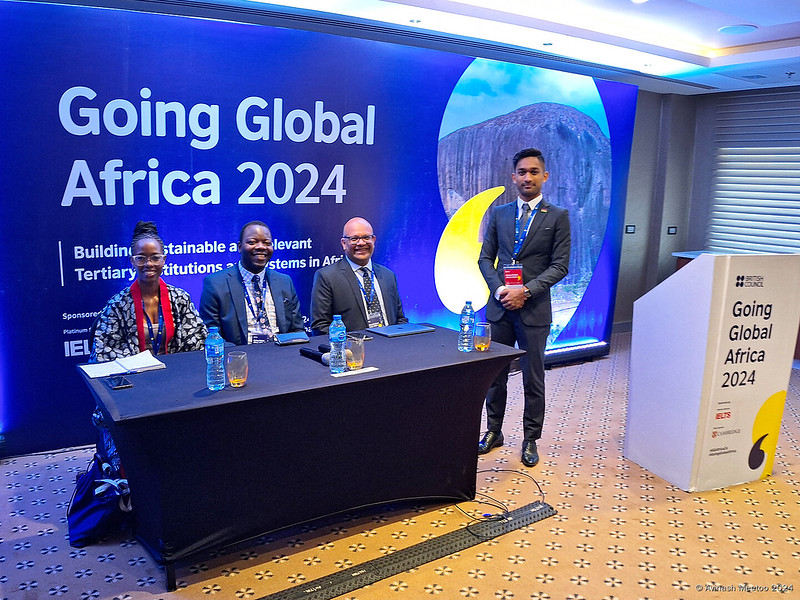
I was in Abuja, Nigeria, from 26 to 28 November 2024 for the Going Global Africa 2024 conference, organised by the British Council of Nigeria in collaboration with the Federal Ministry of Education of Nigeria.
I participated in a panel on “The Future of Lifelong Learning” with a focus on Technical and Vocational Education and Training (TVET). The panel was chaired by Roshan Teeluck, Freelance TVET Consultant, British Council, Mauritius and my other two panelists were Ayanda Makhanya, Programme Lead StartUp Academy, Allan Gray Makers, South-Africa, and
Joshua Valeta, Director of Open Distance and e-Learning, Ministry of Education, Malawi.
Ayanda Makhanya and Joshua Valeta spoke about current initiatives in South Africa and Malawi to promote Technical and Vocational Education and Training (TVET) and education in general.
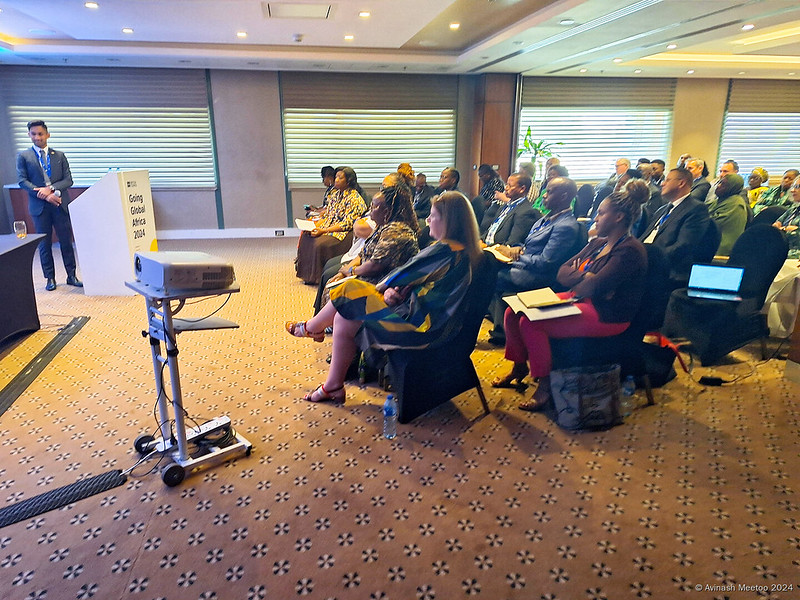
In particular, a new generation of entrepreneurs and startup founders, having been trained in TVET, are contributing to make South Africa more innovative. As these people are skilled, they can readily provide solutions to problems being faced by citizens there.
In Malawi, technology, and especially e-learning, is being used to transform. Technical and Vocational Education and Training. An interesting initiative is the use of electronic devices such as tablets by students but, contrary to many countries, course content which is relevant and updated on a regular basis is being developed.
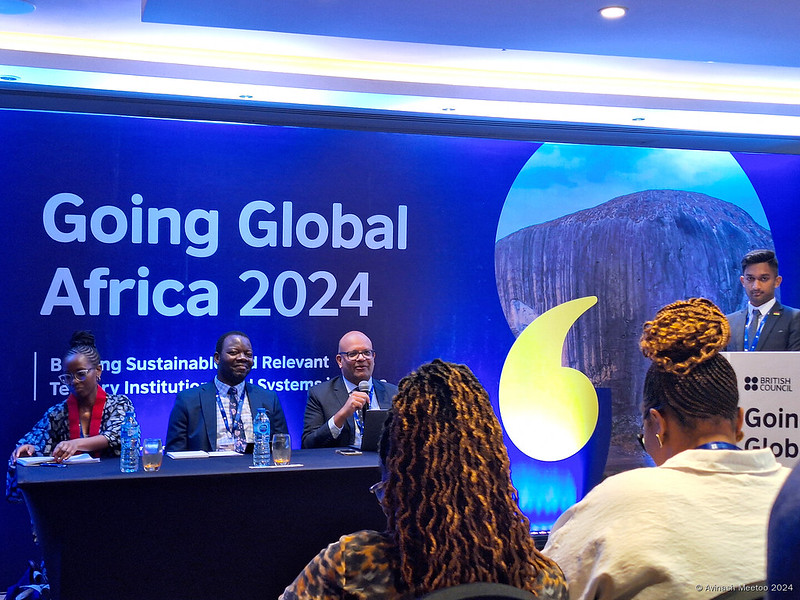
My own intervention focussed on the Mauritian experience. In particular, I explained that it is important for policy-makers to have a clear vision of what the country needs to be in the next, say, 10 years. From this vision, growth sectors, enablers (such as innovation and technology, including Artificial Intelligence) and potential jobs identified. This can then drive policies in education to create a workforce which can contribute towards this vision.
I explained what emerging technologies might be useful in Africa in the short term and how Deep Learning can be very valuable for the creation of digital assistants for students, teachers, civil servants, those working in the private sector and citizens in general.
Based on my own experience in Technical and Vocational Education and Training (TVET) in Mauritius, I explained how important it is for a country to have a critical mass of technicians as opposed to only having degree holders.
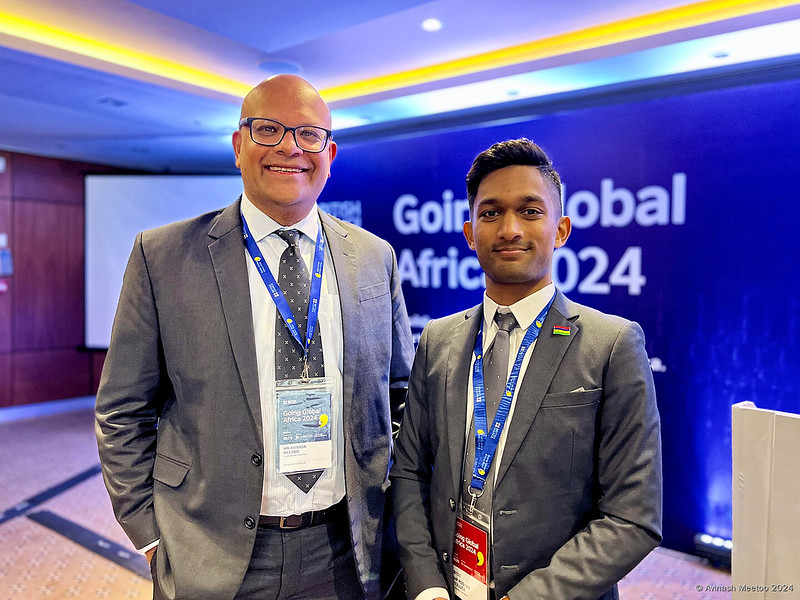
The session was followed by an extensive Q&A where the panelists spoke about digital public goods (based on open-source solutions) as well as career guidance structures to be put in place in a country to create its workforce of tomorrow.
At the end, I mentioned that it is never about hardware or software, but about people(ware). The No 1 asset of Africa, including Mauritius, is its people.


